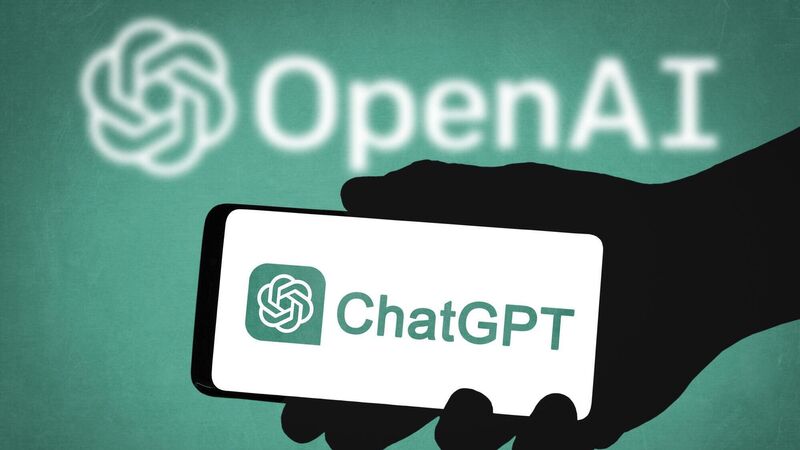Disabled community fear AI will be used to cut costs and replace human supports, Dáil committee hears

The Deaf Society's Elaine Grehan pointed out that AI avatars cannot do sign language properly.
Artificial intelligence (AI) systems used to help people with disabilities could end up being biased against the very same cohort, TDs and senators have been warned.
The Irish Deaf Society's Elaine Grehan, of the Disabled Persons' Organisations (DPO) Network, told the Oireachtas AI Committee that studies in the UK have already shown gender bias in care decisions have emerged.













